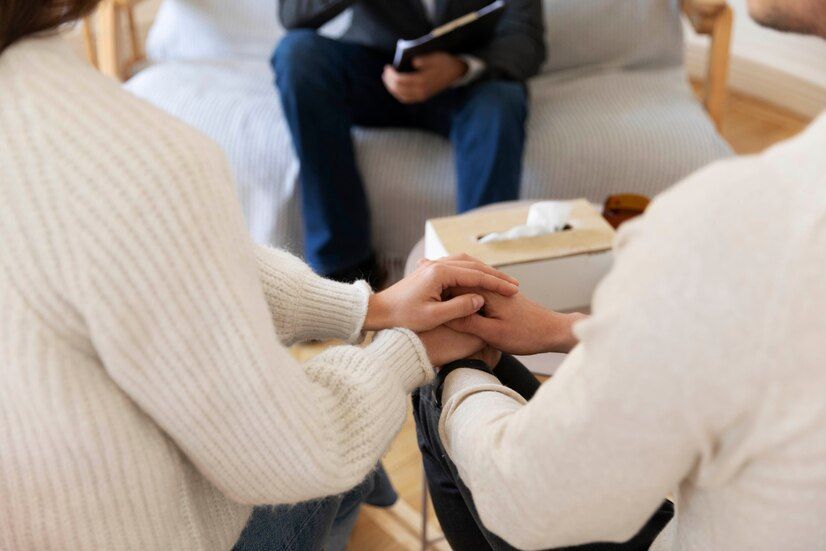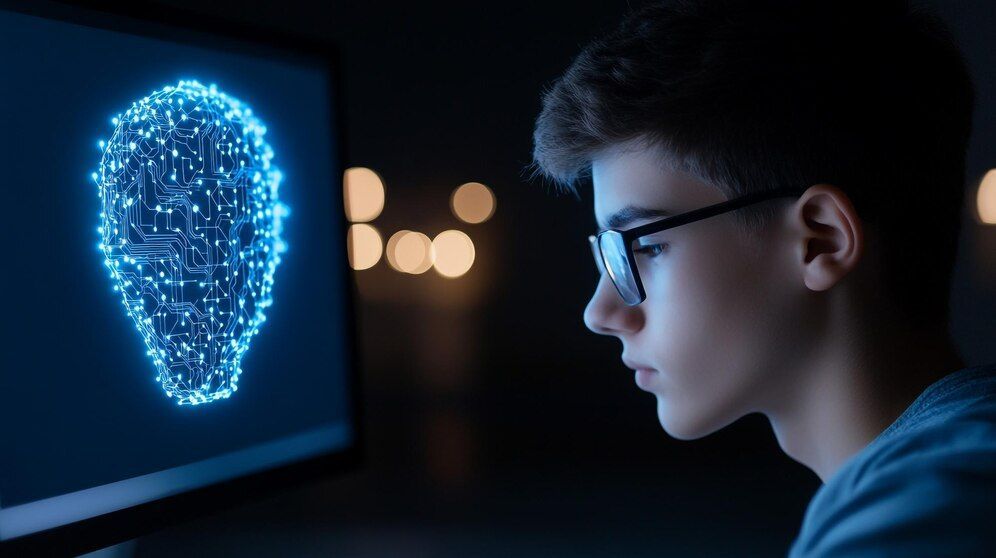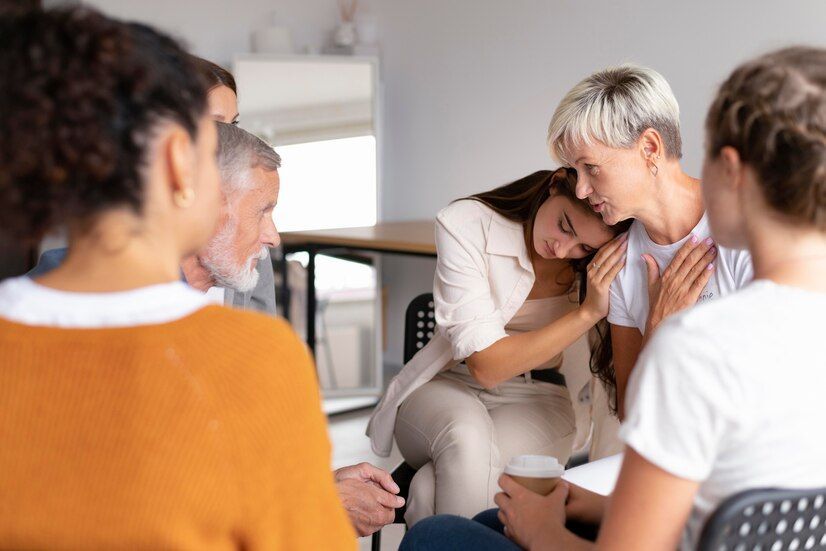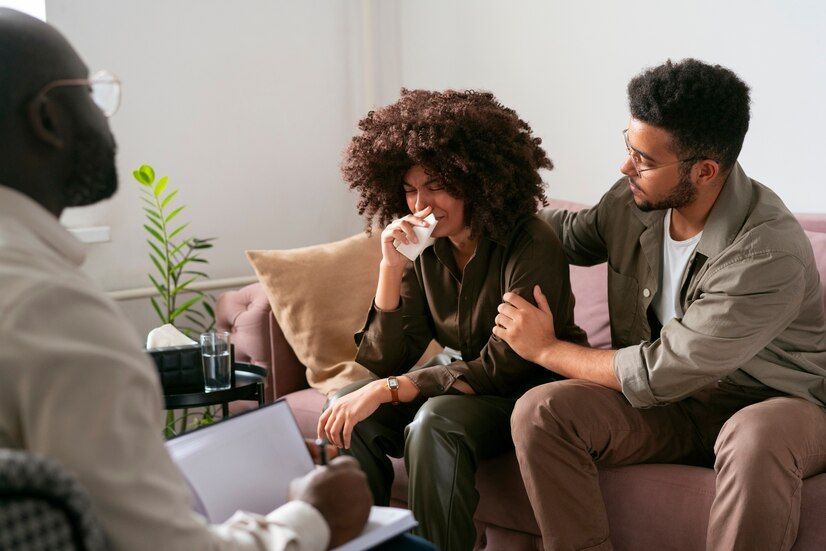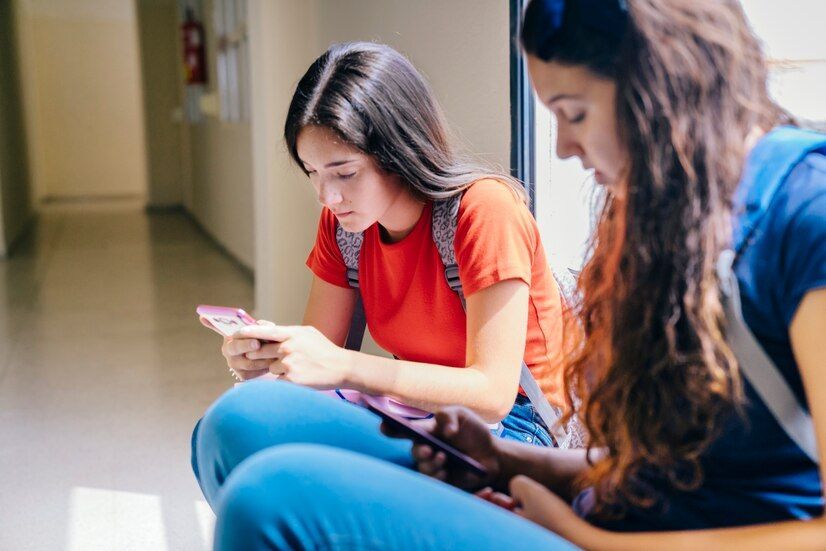The Healing Power of Creativity: How Artistic Expression Supports Mental Health
We have discussed various strategies for managing depression, including therapy, medication, lifestyle changes, goal setting, and building resilience.
Today, we turn our attention to the transformative power of creativity and artistic expression. Engaging in creative activities can be a powerful tool for improving mental health and fostering a sense of well-being. In this article, we will explore how creativity supports mental health and provide practical ways to incorporate artistic expression into your daily life.
The Connection Between Creativity and Mental Health
Creativity and mental health are closely intertwined. Engaging in creative activities can provide an outlet for expressing emotions, reducing stress, and enhancing overall well-being. Here are some key ways in which creativity supports mental health:
- Emotional Expression and Processing: Artistic activities provide a non-verbal outlet for expressing complex emotions that may be difficult to articulate through words. Painting, drawing, writing, or playing music allows individuals to explore and process their feelings in a safe and constructive way.
- Stress Reduction: Creative activities can serve as a form of meditation, helping to quiet the mind and reduce stress. The act of creating can be deeply immersive, providing a break from negative thought patterns and promoting relaxation.
- Enhanced Self-Esteem: Creating something tangible can boost self-esteem and provide a sense of accomplishment. Whether it's completing a painting, writing a poem, or learning a new dance, the act of creating can instill a sense of pride and purpose.
- Mindfulness and Presence: Engaging in creative activities encourages mindfulness by requiring focused attention and presence in the moment. This can help individuals stay grounded and reduce anxiety.
- Social Connection: Many creative activities, such as joining a choir, participating in a writing group, or attending art classes, can foster social connections and build a sense of community. These connections can provide emotional support and reduce feelings of isolation.
Practical Ways to Incorporate Creativity into Daily Life
Incorporating creativity into your daily routine doesn't require you to be a professional artist. Here are some simple and accessible ways to tap into your creative potential:
- Drawing and Painting: Set aside time each week to draw or paint. You don't need to aim for perfection; the goal is to enjoy the process. Consider keeping a sketchbook or a set of paints and brushes handy for spontaneous creative moments.
- Writing: Writing can be a powerful form of self-expression. Start a journal to record your thoughts and feelings, write short stories or poetry, or even try your hand at creative nonfiction. Writing can help you process emotions and gain insights into your inner world.
- Music and Dance: Playing a musical instrument, singing, or dancing can be incredibly therapeutic. Create a playlist of your favorite songs and take time to sing along or dance freely in your living room. If you play an instrument, set aside regular practice time to immerse yourself in music.
- Crafting and DIY Projects: Engaging in crafts such as knitting, crocheting, woodworking, or any DIY project can provide a sense of accomplishment and relaxation. Find a craft that interests you and explore online tutorials or join a local crafting group.
- Photography: Photography encourages you to see the world from different perspectives. Take a walk with your camera or smartphone and capture moments that catch your eye. Experiment with different angles, lighting, and subjects to create your visual story.
- Cooking and Baking: Cooking and baking are creative activities that can also provide nourishment for your body and soul. Try new recipes, experiment with ingredients, and enjoy the sensory experience of preparing and tasting your creations.
The Role of Art Therapy
For those seeking a more structured approach to using creativity for mental health, art therapy can be an effective option. Art therapy is a therapeutic practice that involves using creative processes to improve mental health and well-being. Guided by a trained art therapist, individuals can explore their emotions, develop self-awareness, and gain insights through artistic expression.
Art therapy can be particularly beneficial for those who find it challenging to express their feelings verbally. The creative process can help unlock emotions and experiences that may be difficult to access through traditional talk therapy.
Personal Stories of Creative Healing
Hearing personal stories of how creativity has supported mental health can be inspiring and motivating. Here are a few examples:
- Sarah's Journey with Painting: Sarah struggled with depression for years. She found solace in painting, using colors and brushstrokes to express her emotions. Through painting, she discovered a new way to communicate her feelings and found a sense of peace and purpose.
- James and His Guitar: James experienced anxiety and found it hard to relax. Playing the guitar became his escape, allowing him to focus on the music and let go of his worries. The rhythmic strumming and melodies provided a calming effect and improved his mental clarity.
- Lisa's Writing Ritual: Lisa dealt with chronic stress from work. She started journaling every evening, pouring her thoughts and frustrations onto the pages. Writing became her therapeutic ritual, helping her process her day and gain perspective.
CATEGORIES
We Work Together to Solve Current Challenges
CONTACT US
1-571-330-2829
office@ariseccc.com
10801 Johnston Road
Suite 210 Charlotte NC
28226-4558
USEFUL LINKS
STAY INFORMED
You need a helping hand with your project?
We will get back to you as soon as possible
Please try again later
COUNSELING CENTER HICKORY & CHARLOTTE NORTH CAROLINA


